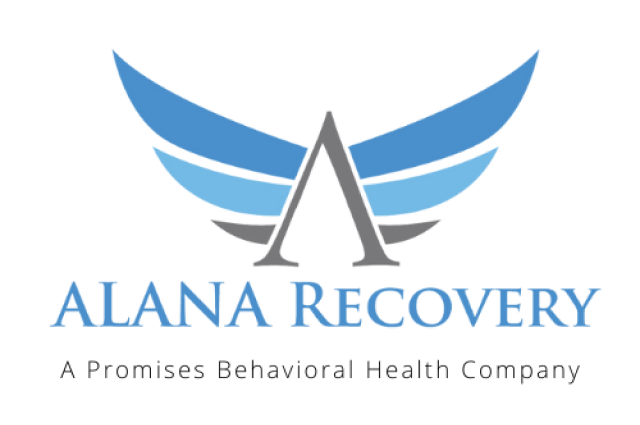Recovery is a journey that requires dedication, self-awareness, and the right support system. While achieving sobriety is a significant milestone, maintaining it can be challenging—especially when faced with relapse triggers. These triggers can be emotional, environmental, or social cues that increase the urge to use substances again. At ALANA Recovery, our addiction treatment programs provide the tools and resources needed to help people recognize and manage these triggers effectively. By understanding what leads to relapse, individuals can strengthen their relapse prevention strategies and stay committed to long-term recovery.
What Are Relapse Triggers?
A relapse trigger is anything that sparks cravings or makes you think about using again. Triggers can come from inside you or things around you, and they often show up when you least expect them. Spotting these triggers early can make a big difference in staying on track with your recovery.
Common Types of Relapse Triggers
- Emotional triggers – Feelings such as stress, anxiety, depression, loneliness, or anger can lead to relapse if not properly managed.
- Environmental triggers – Certain places, situations, or objects associated with past substance use can provoke cravings.
- Social triggers – Being around people who use drugs or alcohol can create pressure to engage in past behaviors.
- Routine triggers – Daily habits or activities that were once linked to substance use can reignite cravings.
- Unrealistic expectations – Feeling overly confident about recovery and assuming one can use “just once” often leads to setbacks.
The Importance of Relapse Prevention
Without a solid relapse prevention plan, individuals may find themselves falling back into old habits. Developing coping strategies can help you navigate high-risk situations and maintain sobriety.
Effective Relapse Prevention Strategies
- Identify personal triggers – Keep a journal of moments when cravings arise and note any common patterns.
- Build a support system – Surround yourself with people who encourage your recovery and hold you accountable.
- Practice stress management – Engage in healthy activities like meditation, exercise, or therapy to reduce emotional triggers.
- Avoid high-risk situations – Steer clear of places or people that may tempt you back into substance use.
- Develop healthy routines – Establishing new, positive habits can replace old routines associated with addiction.
How to Handle Relapse Triggers When They Arise
Despite best efforts, encountering relapse triggers is inevitable. What matters most is how they are handled. Here’s what to do when faced with a trigger:
Pause and Reflect
When you encounter a trigger, please take a moment to pause and acknowledge it. Remind yourself why you chose sobriety and the benefits it has brought to your life.
Reach Out for Support
Lean on your support network. Contact a trusted friend, sponsor, or therapist who can offer guidance and help you navigate the moment.
Use Healthy Distractions
Engage in a positive activity to redirect your focus. Exercising, reading, or pursuing a hobby can be effective ways to manage cravings.
Practice Mindfulness Techniques
Mindfulness can be a powerful tool in overcoming triggers. Use deep breathing, meditation, or grounding exercises to stay present and regain control.
Revisit Your Recovery Goals
Reflect on the progress you’ve made and the reasons you committed to recovery. Reconnecting with your goals can reinforce your motivation to stay on track.
Stay Committed to Your Recovery: Reach Out to ALANA Recovery Today
If you or someone you care about is struggling with relapse triggers, you don’t have to face it alone. At ALANA Recovery, we’re here to help. Our addiction treatment programs are designed to give you the tools and support you need for lasting relapse prevention.
Through personalized therapy—both one-on-one and in groups—we’ll work together to uncover and address emotional and behavioral triggers. We also use cognitive-behavioral therapy (CBT) to help reframe negative thoughts and reactions, alongside holistic therapies to manage stress and emotions. We’ll create an aftercare plan tailored to you so you feel supported as you step back into everyday life. Let’s take this journey together.
Contact us online or call us today at 770.759.7474 to learn more about our addiction treatment programs and how we can support your journey to lasting recovery.

